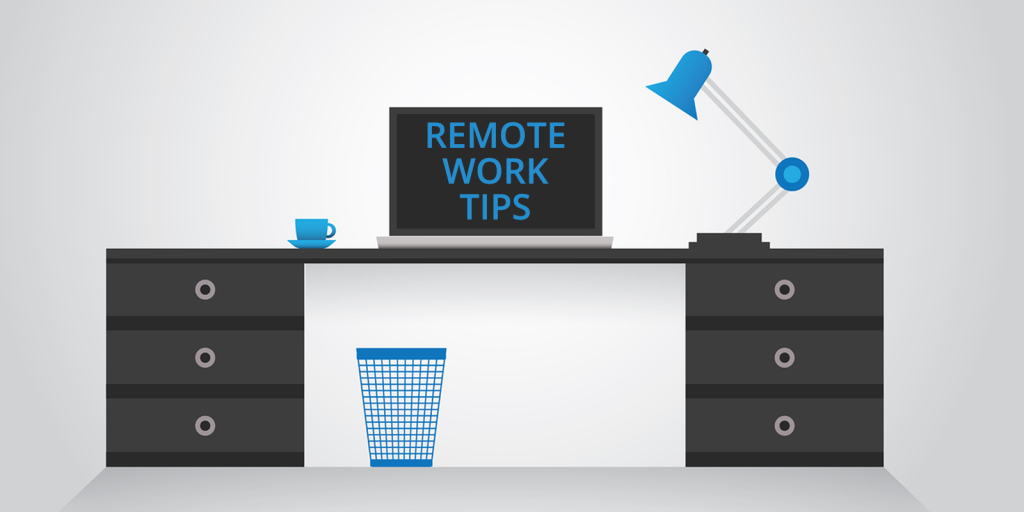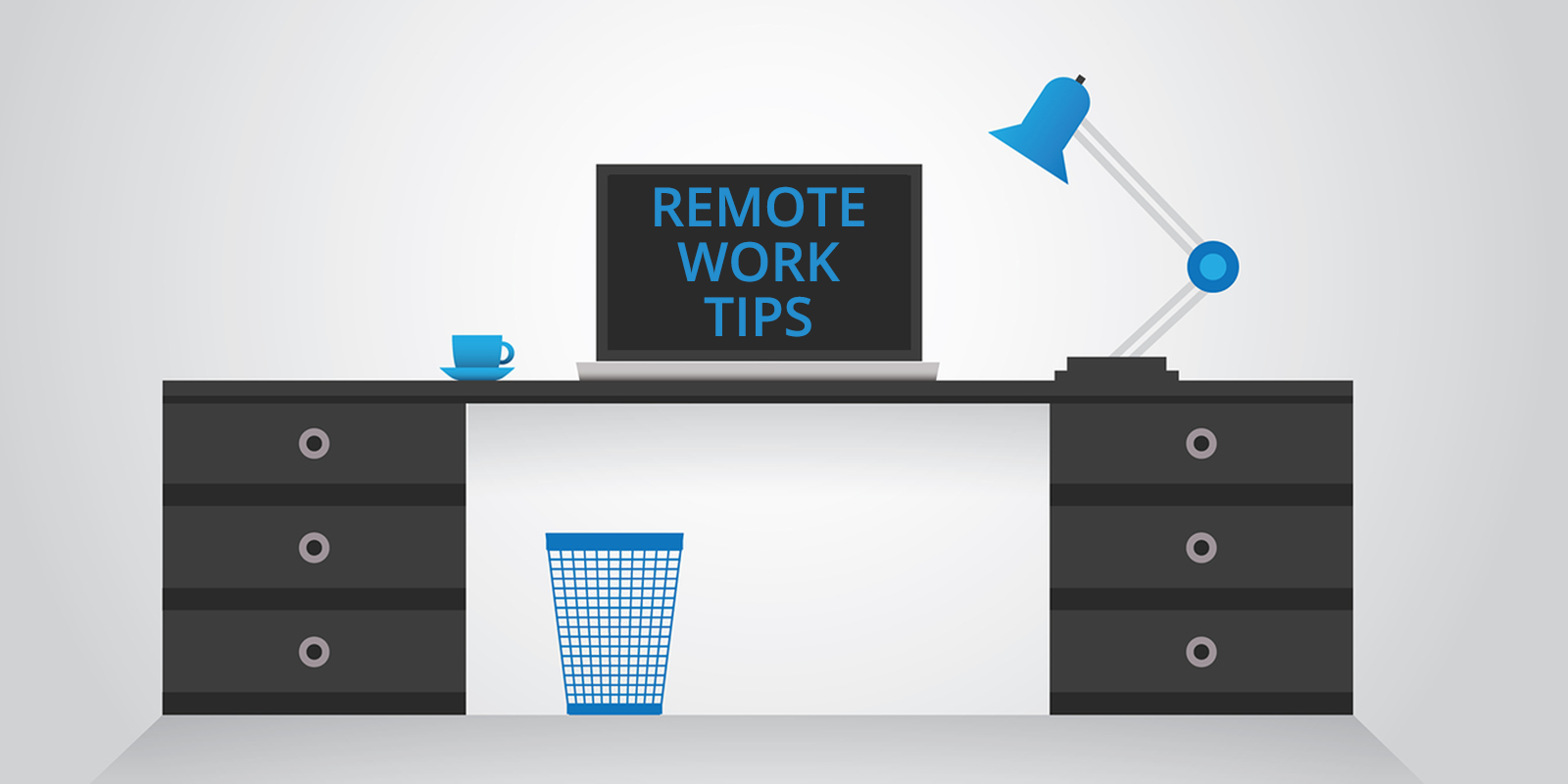Remote work has become an integral part of the modern professional experience, offering flexibility and autonomy to employees. However, with this freedom comes the responsibility to maintain productivity and work-life balance. In this article, we will explore practical tips for thriving in a remote work environment, covering aspects such as time management, communication, and overall well-being.

- Establish a Dedicated Workspace:
- Designate a specific area in your home as your workspace to create a boundary between your professional and personal life.
- Ensure your workspace is well-lit, organized, and equipped with the necessary tools for efficient work.
- Set Clear Boundaries:
- Clearly communicate your working hours to colleagues and family members to minimize interruptions.
- Develop a routine that includes breaks and a definitive end to your workday to maintain a healthy work-life balance.
- Use Technology Wisely:
- Leverage collaboration tools and project management software to stay organized and connected with your team.
- Invest in reliable hardware and a high-speed internet connection to minimize technical disruptions.
- Establish a Routine:
- Create a daily schedule that includes set working hours, breaks, and specific tasks to maintain structure and discipline.
- Start your day as if you were heading to the office, including activities like getting dressed and having a morning routine.
- Foster Effective Communication:
- Prioritize clear and concise communication through written and verbal channels.
- Schedule regular video meetings to maintain a sense of connection with your team and reduce feelings of isolation.
- Set Realistic Goals:
- Break down tasks into manageable goals and set realistic deadlines to maintain focus and motivation.
- Regularly reassess your goals to adapt to changing priorities and stay on track.
- Take Breaks and Prioritize Self-Care:
- Incorporate short breaks into your day to recharge and avoid burnout.
- Prioritize self-care activities, such as exercise, meditation, or hobbies, to support your overall well-being.
- Combat Isolation:
- Actively engage with colleagues through virtual social activities, team-building exercises, or casual conversations.
- Consider joining online communities or professional groups related to your industry to stay connected with peers.
- Continuous Learning and Skill Development:
- Use the flexibility of remote work to invest time in learning new skills or enhancing existing ones.
- Stay updated on industry trends and advancements through online courses, webinars, and professional networks.
- Seek Feedback and Adapt:
- Regularly seek feedback from supervisors and colleagues to identify areas for improvement.
- Embrace a growth mindset and be open to adapting your work habits based on feedback and changing circumstances.
Conclusion:
Successfully navigating the remote work landscape requires a combination of discipline, effective communication, and a proactive approach to well-being. By implementing these practical tips, individuals can not only enhance their remote work experience but also contribute to a positive and productive remote work culture within their organizations.
